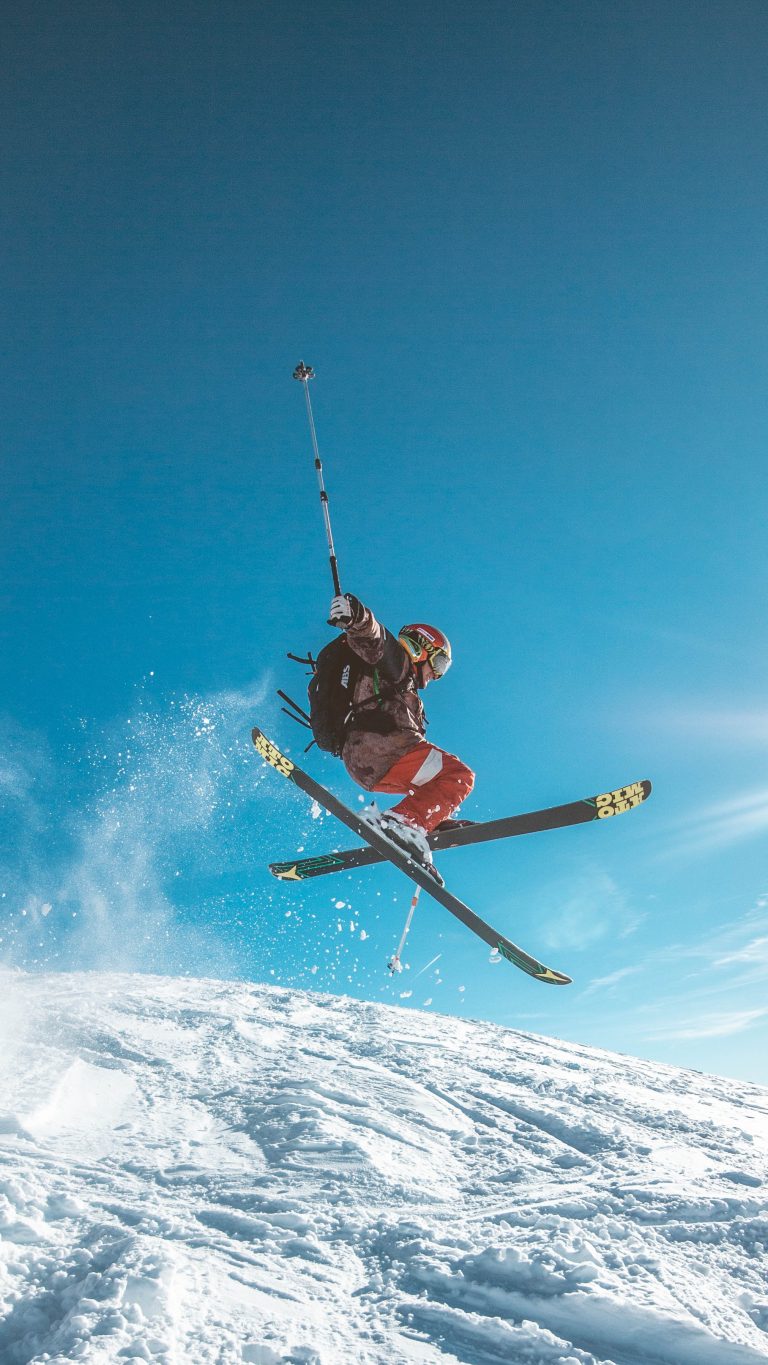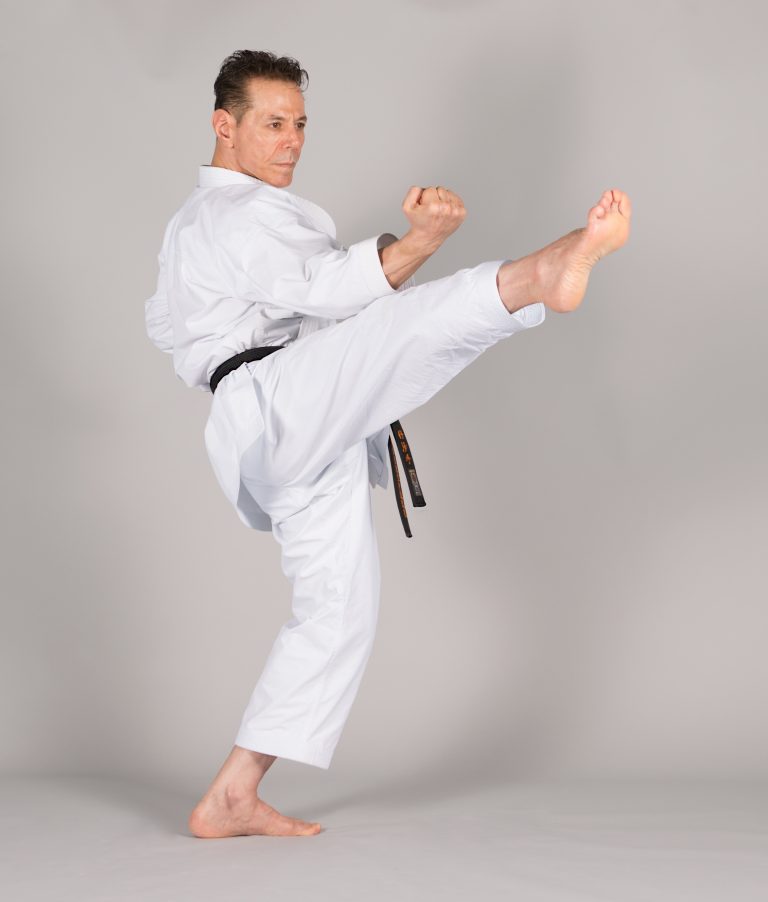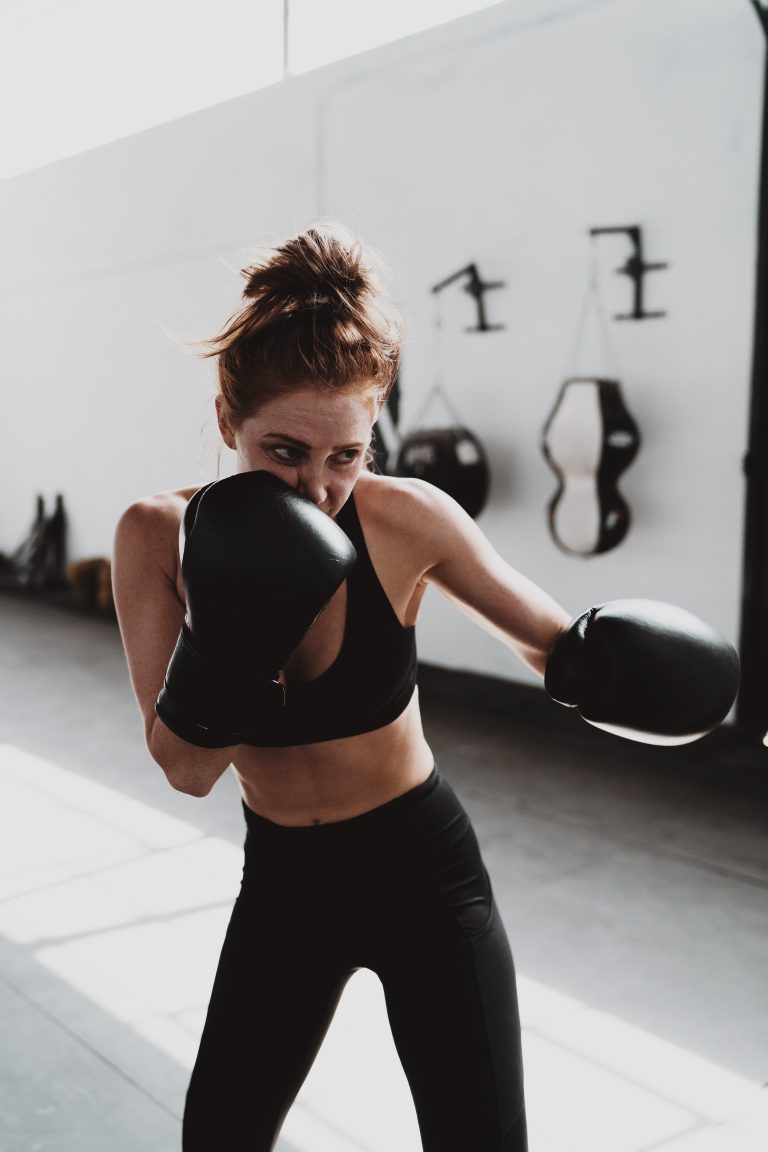Karate Training in the Group: Advantages and Tips for Successful Training
Karate is a traditional Japanese martial art form that focuses on self-defence techniques using hands and feet. Practising karate in a group can have several benefits over individual training. In this blog post, we will explore the advantages of karate training in a group and provide some tips for successful training.
Advantages of Karate Training in a Group
Increased Motivation
Training in a group can provide extra motivation and encouragement to keep up with the training. It creates a sense of community where students can practice together, learn from each other, and motivate each other to push beyond their limits.
Improved Social Skills
Group training provides an excellent opportunity for individuals to develop social skills. They learn to interact, communicate and build positive relationships with others who share common interests.
Enhanced Learning
In a group setting, students can learn from their peers by observing and practicing with them. This creates a supportive and dynamic learning environment where individuals can pick up new techniques, improve their skills and learn from their mistakes.
Friendly Competition
Competition among peers keeps students engaged and motivated to improve their skills. A friendly competition can add an element of excitement to training, making it more enjoyable for everyone.
Tips for Successful Karate Training in a Group
Set Clear Goals
Setting clear goals for training helps students to focus their efforts and measure their progress. Goals create a sense of purpose, which motivates students to work hard and improve their skills.
Communicate Effectively
Effective communication is essential for successful group training. Students should be encouraged to ask questions, provide feedback, and work together to address any concerns or issues that may arise during training.
Respect Each Other’s Limits
Karate training involves physical activity, and it’s essential to respect each other’s limits. Students should avoid pushing themselves or others too hard, which can lead to injuries or burnout.
Celebrate Successes Together
Celebrating successes together strengthens the sense of community in the group. Students should be encouraged to share their achievements with each other, support each other’s progress, and celebrate their successes as a team.
Conclusion
Karate training in a group provides several benefits that can enhance the learning experience significantly. By following the tips shared in this blog post, individuals can enjoy successful training in a supportive and engaging environment.
Karate Training in the Group: Advantages and Tips for Successful Training
Karate has been a popular martial art form for centuries. Its popularity has been on the rise due to its various health benefits and the confidence it instills in individuals. Karate training can be done individually or in a group setting. In a group setting, there are various advantages that can be utilized to improve karate training. In this article, we will explore the frequently asked questions about karate training in the group and the advantages and tips for successful training.
What are the advantages of karate training in the group?
There are various advantages to karate training in the group.
1. Motivation
The group environment of karate training can provide motivation and inspiration to the individuals. The energy of fellow karateka can push individuals to work harder and achieve more. When you practice with other people, everyone is on the same path and obstacles can be overcome together. You can get feedback and learn from those who may be more advanced in the practice, which can be an enormous source of motivation for individuals who are struggling.
2. Learning from others
Karate training in the group also provides an opportunity to learn from the more experienced individuals. During the group classes or sparring sessions, individuals can observe, learn, and adapt different techniques from people in the group. You can see different styles of karate and the differences in application. This diversity is critical in developing a well-rounded karateka.
3. Competition
Training in a group also brings out your competitive side. The energy of another person pushing you to work harder and faster can make you better. You can train with somebody who is at your level, one who is better than you, and one who is not yet there, which can provide an environment of healthy competition to spur progress.
4. Camaraderie
Karate training cannot be sustained if an individual does not enjoy the process. Training in a group provides a sense of community and comradeship amongst people who share the same passion for karate. There can be many occasions to compete or train with students from other classes or nations, providing a rich cultural exchange.
Tips for successful karate training in a group setting
There are several tips for successful karate training in a group setting:
1. Be punctual and consistent
Punctuality is critical in karate. Arriving on time and prepared has a huge impact on the karateka’s physical and mental state. Consistency is also essential in getting better at karate. Practicing regularly will keep the movements fresh and allow for constant improvement to be made.
2. Have a positive attitude
Karate is a martial art that requires discipline and determination. The right attitude goes a long way in improving the training’s efficacy, so it is essential to always stay positive and believe in yourself.
3. Communicate with Sensei and other participants
Karate does not work if the karateka only concentrates on their own growth. Communication is key, as it helps get feedback and learn from other people in the group, especially the Sensei who has much experience.
4. Focus on your abilities
Whether you are in a group or individual setting, focusing on your abilities is crucial. Everyone learns and progresses differently, so it is important to focus on your abilities and what you can do to improve.
5. Understand your goals
Lastly, understanding your goals in karate is essential. What are you trying to achieve? What is your ultimate objective? These questions will help you plan your training and help you achieve your goals in a group setting.
Conclusion
Karate training in the group is an excellent way to learn and develop your skills. The motivation, learning experience, healthy competition, and community can help an individual improve their karate abilities. Consistency, positive attitude, communication, focusing on abilities, and knowing your goals are all tips an individual in a group setting can use to improve their training. In conclusion, karate training in a group setting can provide a fertile environment for an individual to learn, grow and achieve success in their karate art.
Inhaltsverzeichnis






